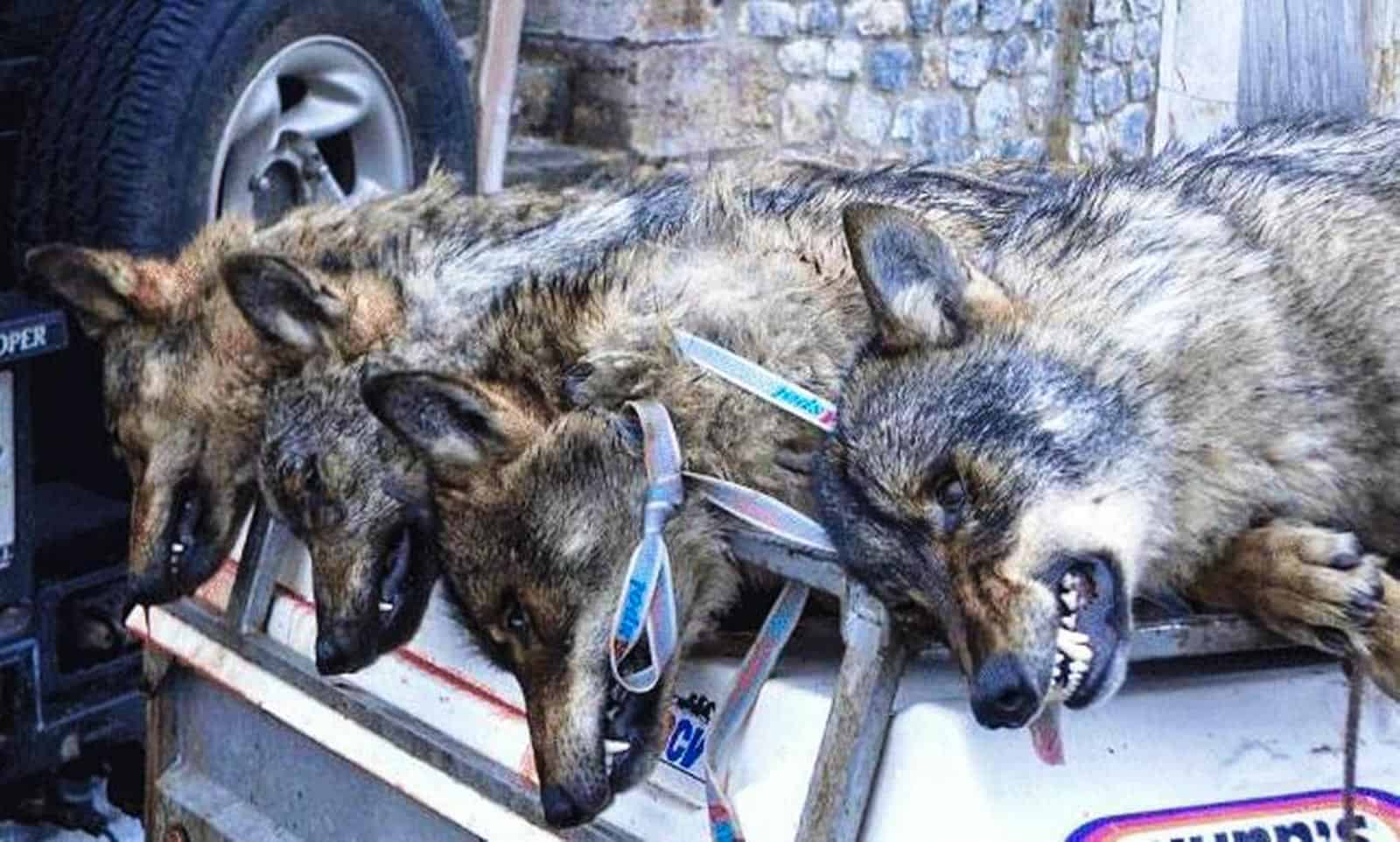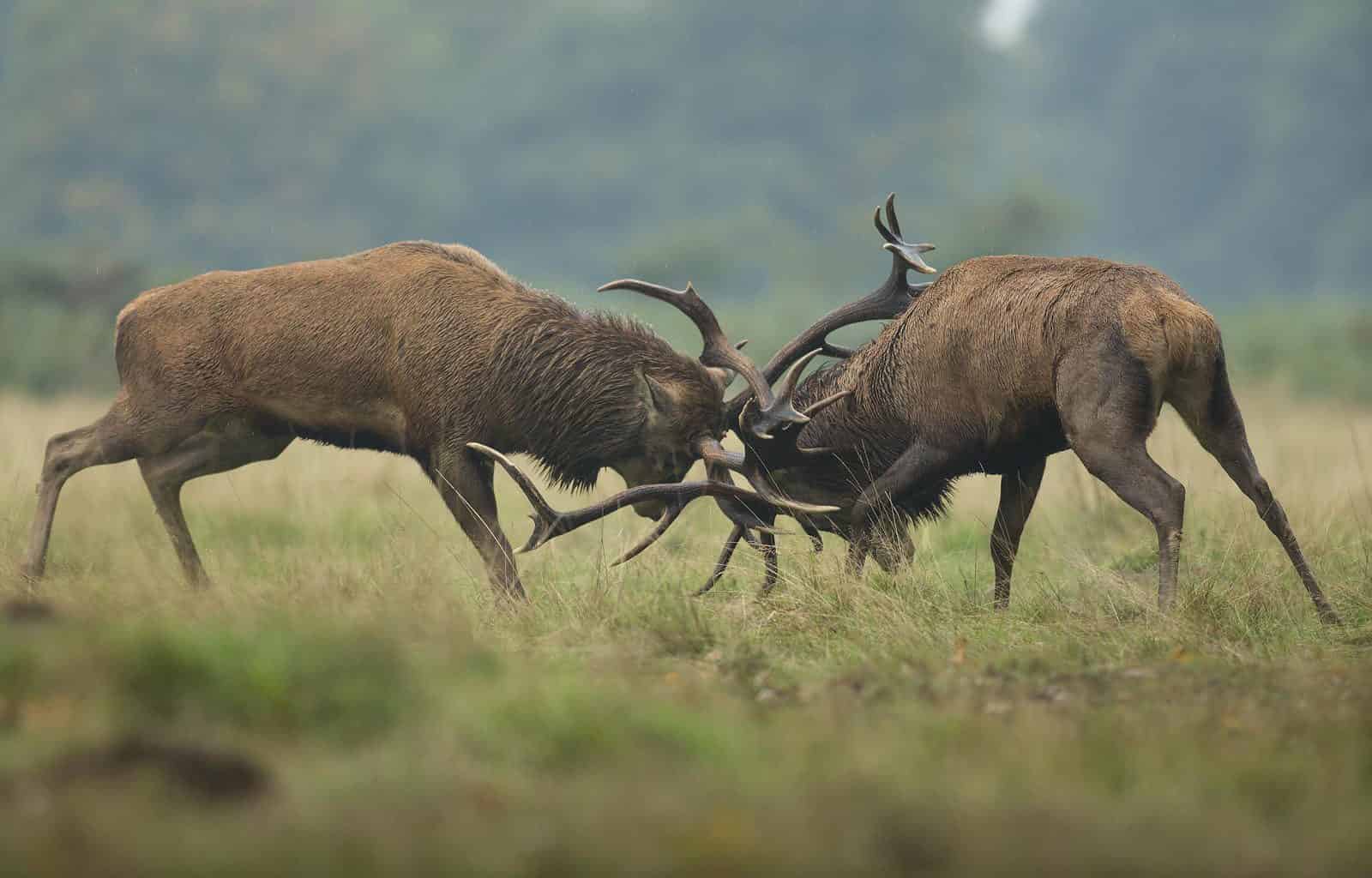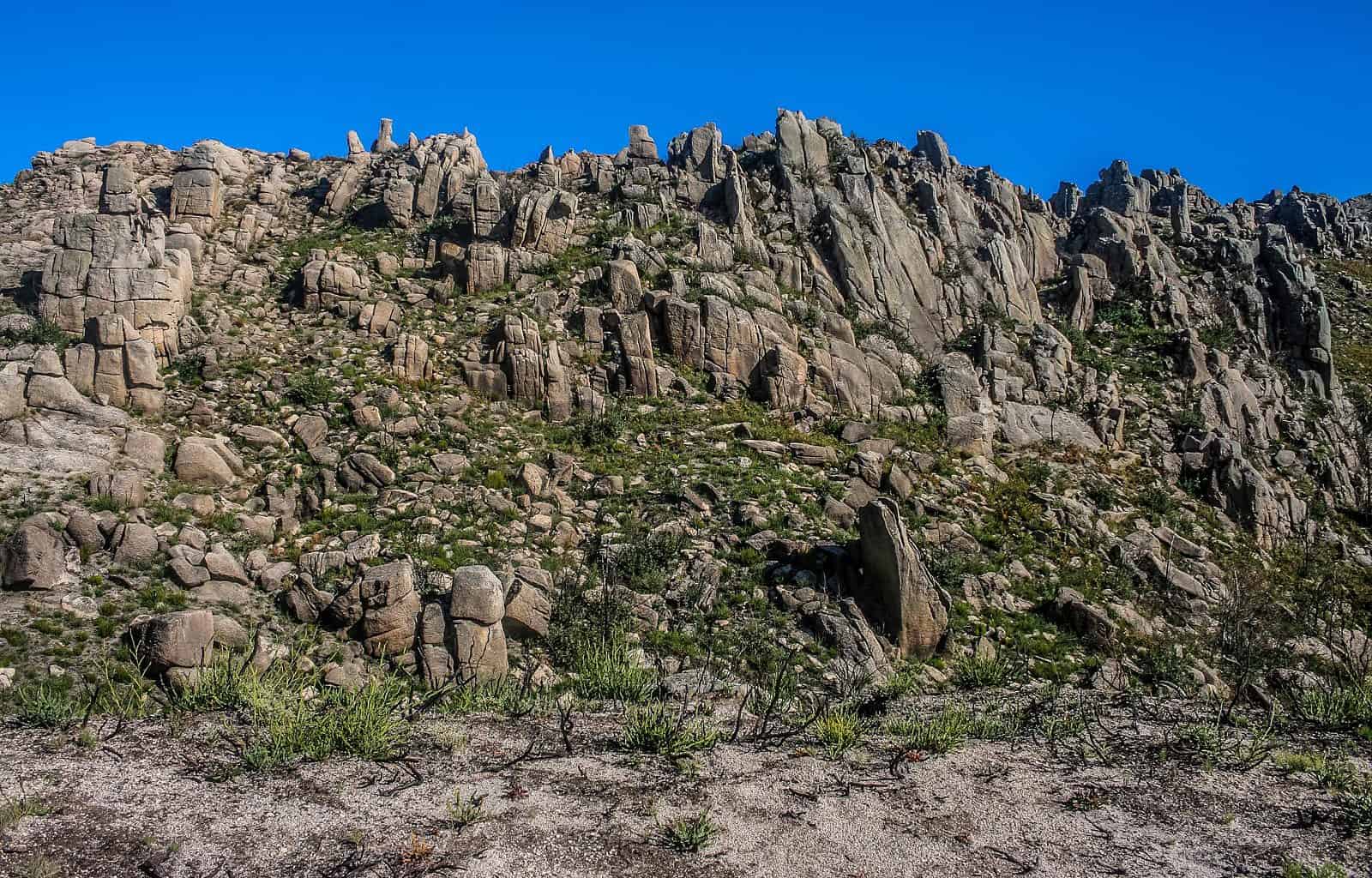Switzerland votes against hunting wolves
On Sunday, 27th of September 2020, a referendum took place in Switzerland to decide over the faith of a revised hunting law. The Swiss Parliament passed the law in autumn 2019, which has been heavily criticized ever since. The main arguments against the law were its entailed compromise of species protection and threat to biodiversity. It would allow the uncontrolled ‘management’ of protected species, including the lynx, wolf, beaver, ibex and many birds including birds of prey.
Please also read: Swiss hunting law puts species protection at risk
Results
51.9 % of voters rejected the changes to the hunting law, while 48.1 % voted for them. This demonstrates that the majority of the Swiss population desires to strengthen the protection of its countries biodiversity, not to mitigate it. Nevertheless, a gap between the urban and rural populations point of view became evident. While the former clearly rejected the law, the latter supported it. The main reason for this gap is the different services that the Swiss mountains provide to the countries inhabitants. Citizens that live in urban areas see them as a space to escape the city life and to reconnect with nature. People living in mountainous regions, however, often depend on them as a source for their livelihoods.
Prevailing arguments
Three arguments stood in the center of the decision against the law:
- Instead of a clear regulation, the revised law will threaten species protection
- The protection status of species would lead to confusion due to the possibility of regional discrepancies
- The new regulations are redundant as the existing law already allows to hunt protected species when clearly necessary
Looking into the future, the Swiss government and organizations in favor of the outcome of the referendum emphasize that this is a chance to create a new, inclusive law that protects threatened species and the livelihoods of the rural population.
Now parliament gets the chance to draft a progressive hunting and protection law that will continue to protect threatened animals such as lynx and beavers and not put them under even greater pressure.









